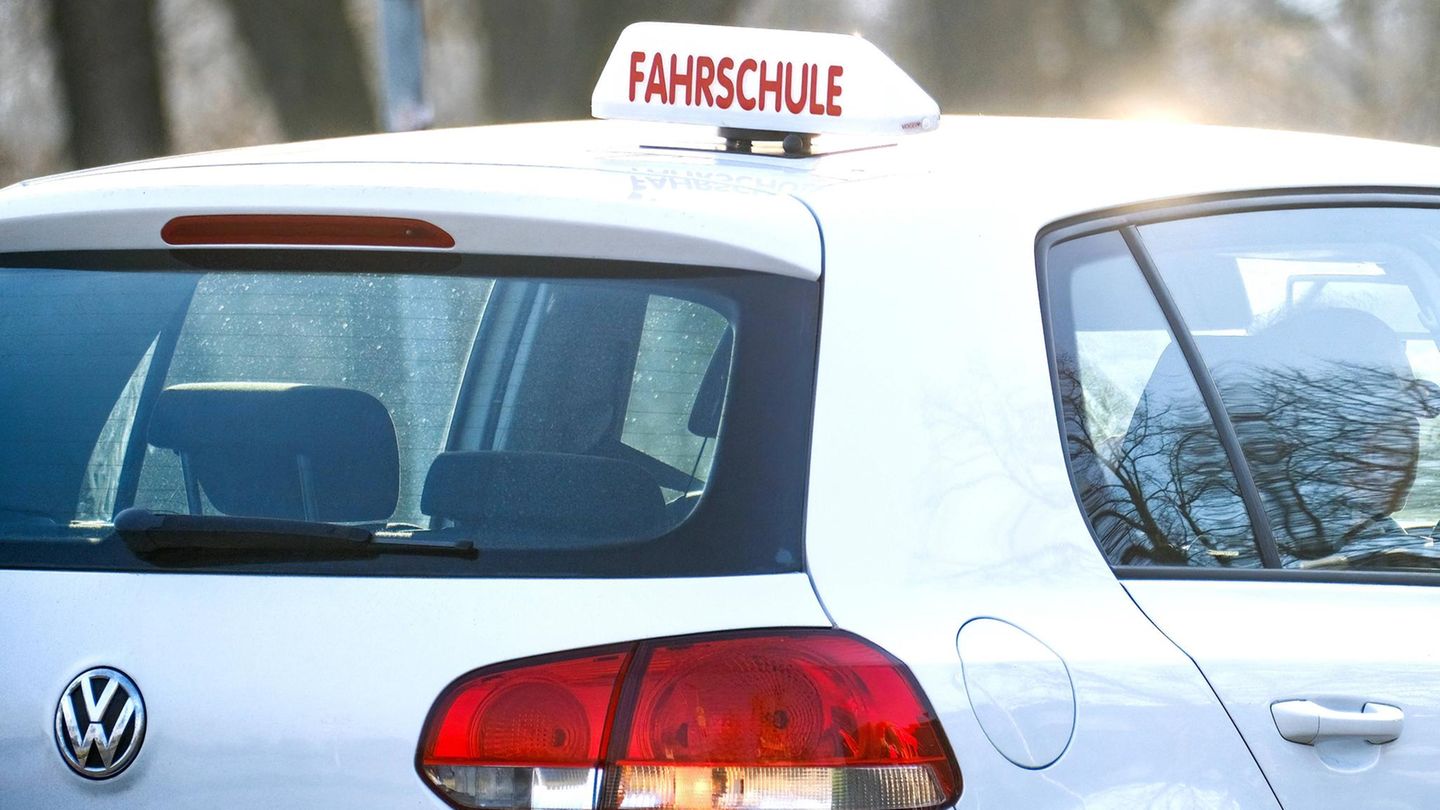The campaign “Live safely, care for safely” is intended to help “through the jungle of information” around the Covid vaccination, announced ÖGKV President Elisabeth Potzmann. They want to enter into a dialogue and speak openly, also on social media, but based on scientific data.
False propaganda led to great uncertainty, especially among those who were already skeptical about the corona vaccines. “Fears of consequential damage are still prevalent”, in addition to the fact that the “ever faster information situation” makes it difficult to keep an overview, as well as “a certain loss of confidence in politics”, ÖGKV Vice President Tamara Archan reported at a press conference. Nurses have been “in continuous use for 21 months”, the formation of camps between vaccinated and unvaccinated people, including the assignment of blame, is an additional burden.
No exact dates
Exact data on the vaccination status are not available, there are selective surveys. In some houses the rate is 90 percent, in others it is even lower. In general, the willingness to vaccinate is higher in the acute area, while a greater reluctance can be observed in long-term care, said Potzmann.
The largest hospital in Austria has a vaccination rate of over 90 percent in the nursing professions, said Sabine Wolf, director of the nursing service at the AKH in Vienna. There was a massive increase from spring 2021, due to a lot of educational work, but also personal experience in intensive and intermediate care with the care of seriously ill Covid patients: “This experience, which was made in this third wave, motivated many to take advantage of the vaccination for themselves. “
In general, differences in willingness to vaccinate cannot or not only be determined in the various areas of use. “It depends a lot on the education and a vaccination offer without major hurdles,” emphasized Anastasia Knoll from the Viennese social services. “We are also observing this in the mobile sector.” In intensive care, he noticed a high level of willingness, according to Benjamin Pertl, intensive care nurse from Tyrol. There you can see “the suffering of the patient every day”.
Impact of mandatory vaccination cannot yet be assessed
How the compulsory vaccination will affect cannot yet be estimated. In any case, the aim of the campaign is “that caregivers do not get into the situation that they have to and want to leave their job because of a vaccination. We as a society cannot afford that,” emphasized Potzmann. The next step is to make the campaign multilingual and contact individual communities directly with people they trust.
Wolf said that there was a relatively high proportion of people with a migrant background among the unvaccinated nursing staff at the AKH, and that the need for an explanation about addressing people in a different culture should be taken seriously. The AKH started a survey among unvaccinated employees in order to find out “what they would still need before the vaccination is compulsory, and at the moment the number is still in the single digits, but there are some who say: No, it works for them not”. But “they are not people with a migration background”.
Wolf emphasized: Being unvaccinated should often “really be a cultural problem, a problem of understanding”, and one could get away with this with education. “And there are a few hardliners, and they stick with it.” In view of the almost 3,500 employees, the latter are relatively a very small number at their company.
Source: Nachrichten




